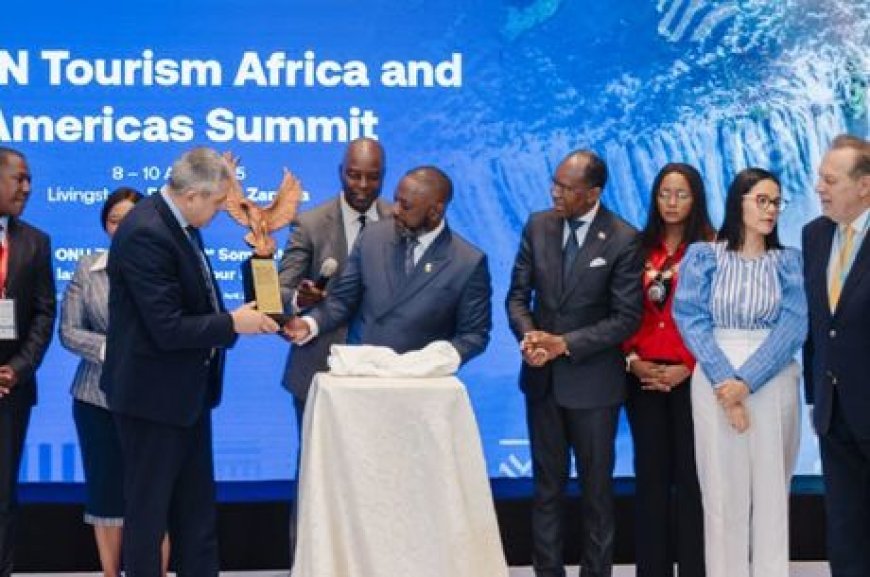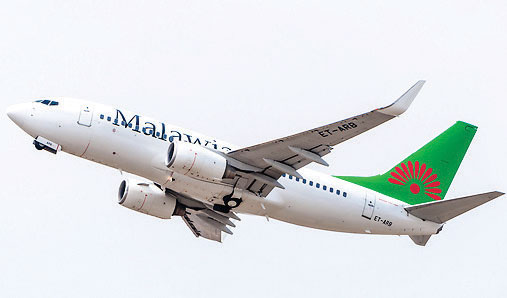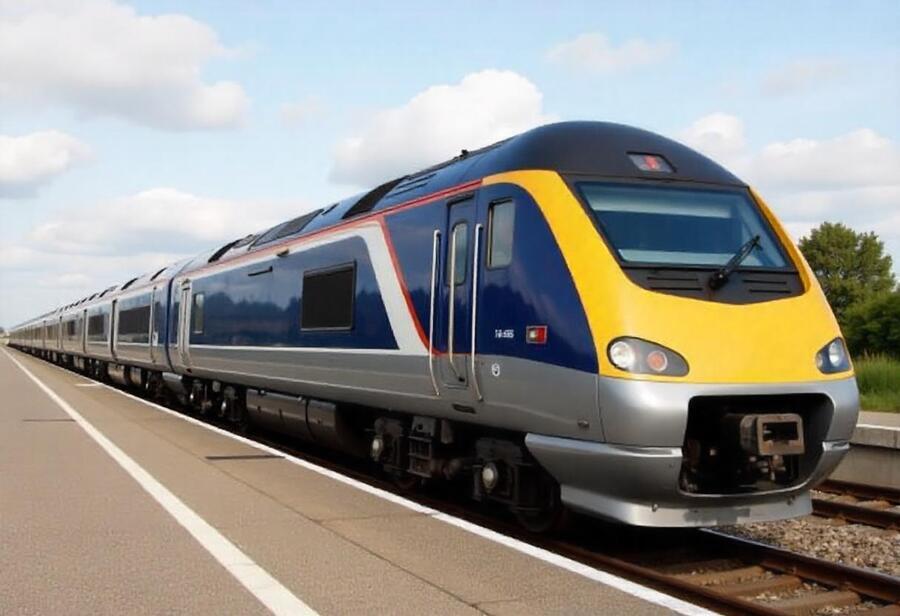South-South Cooperation for Tourism Development Advances at 2nd UN Tourism Africa & Americas Summit

UN Tourism has advanced South-South cooperation in tourism development, putting into action the aims of the Punta Cana Declaration signed by its Member States from Africa and the Americas. Building on the success of the inaugural event, the 2nd UN Tourism Africa & The Americas Summit outlined concrete plans for achieving shared goals, focused on innovation, Technical Cooperation, enhanced connectivity, tourism investments and tourist confidence through security.
According to UN Tourism’s data, both regions have bounced back from the impacts of the pandemic: in 2024, Africa welcomed 74 million international arrivals, 7% more than in 2019, and 12% more than in 2023. The Americas, meanwhile, welcomed 213 million, or around 97% of pre-pandemic arrivals. The Summit made clear the strong links between the two regions, both in terms of visitors between and within regions, as well as investment source markets and recipients.
This Summit is proof of the enduring commitment of Africa and the Americas to cooperate across borders and oceans. Our roadmap will advance inclusive growth and ensure that tourism remains a driver of shared prosperity. Above all, by focusing on training and skill-building, we’re giving people, especially youth, the means to succeed in today’s competitive world. UN Tourism Secretary-General Zurab Pololikashvili
The Vice President of the Republic of Zambia, Mutale Nalumango, stressed the importance of “shared connectivity” and cooperation in the face of shared challenges. In remarks delivered by Minister of Tourism Rodney Sikumba, she said: The diversity of experiences and perspectives here today represents a treasure of knowledge which, if collectively harnessed, will enhance our capacity to advance the resilient tourism sector we envision.
South-South Development through Investments
Growing and directing investment into tourism is one of the key pillars of the Punta Cana Declaration. In Zambia, UN Tourism shared its achievements in this priority area. To date, 18 editions of the “Tourism Doing Business Guidelines” for investment have been published for destinations across Africa and the Americas. A further 10 are in development.
The Guidelines highlight the enormous potential for tourism investment within and between the regions. Between 2019 and 2024, Africa invested around USD 3.9 in 36 projects in the Americas, while Latin America and the Caribbean invested the same amount in 34 projects in Africa. With the aim of raising these levels, UN Tourism announced plans to organise a Biennial Africa-Americas Tourism Investment Conference. The Conference will bring together governments, financial institutions, private sector actors and development partners with the aim of boosting cross-continental investment flows and target investment around shared priorities.
A shared future: Growth through education
With over 50% of the tourism workforce under 25, the sector offers vast opportunities for young people, particularly in Africa – the world’s youngest continent – and the Americas. To put the education-focused aims of the Punta Cana Declaration into action, UN Tourism is advancing training in both regions. In Zambia, delegates were brought up-to-date with work in the Dominican Republic, where a collaboration with MIREX will provide training on diplomacy and tourism, to be launched this year.
Also at the Summit, delegates were given an update on the status of the planned Academy in collaboration with UN Tourism in Livingstone. The Academy will serve as a hub for specialist education and join UN Tourism’s growing network of education centres. These include the International Academy for the Culinary Arts in Zimbabwe and a planned centre in the Dominica Republic, in collaboration with INFOTEP. Moving forward, UN Tourism will also aim to reach around 2,000 beneficiaries in both Africa and the Americas through its new WhatsApp courses for professional development.
Innovation to shape future of African-American tourism
Hand-in-hand with education, the Punta Cana Declaration places innovation at the centre of South-South cooperation for tourism development. In Livingstone, UN Tourism announced the pending launch of a first Start-Up Competition for the regions. The “Bridges of Innovation” challenge will seek out enterprises ready to address challenges in the areas of sustainability, inclusivity and digital transformation, with a focus on local communities.
Investment will also serve as the main aim of the first UN Tourism Thematic Office in Morocco. The Office will serve as a hub for innovation, with acceleration programmes for regional start-ups, research and development and for celebrating new talent through Tourism Tech Adventures.
Enhanced connectivity and tourist safety
The Punta Cana Declaration aims to address challenges hindering tourism growth through limited air connectivity. In Guatemala, UN Tourism has partnered with INGUAT to begin a joint Work Plan aimed at linking industry players to boost links. Alongside this, a planned 2nd Ministerial Conference on Tourism and Air Transport in Africa will be held in Angola in July, with a focus on AI and innovation for connectivity.
The Africa & Americas Summit also platformed UN Tourism’s progress in elevating safety standards for tourists and so boosting confidence in travel to both regions. In Livingstone, delegates were brought up-to-date with progress in the Safety of Destinations Initiative (SAFE-D), designed to boost public-private collaboration and promote crisis preparedness.
About UN Tourism
The World Tourism Organization (UN Tourism) is the United Nations agency responsible for the promotion of responsible, sustainable and universally accessible tourism.
As the leading international organization in the field of tourism, UN Tourism promotes tourism as a driver of economic growth, inclusive development and environmental sustainability and offers leadership and support to the sector in advancing knowledge and tourism policies worldwide.
Our Priorities
Mainstreaming tourism in the global agenda: Advocating the value of tourism as a driver of socio-economic growth and development, its inclusion as a priority in national and international policies and the need to create a level playing field for the sector to develop and prosper.
Promoting sustainable tourism development: Supporting sustainable tourism policies and practices: policies which make optimal use of environmental resources, respect the socio-cultural authenticity of host communities and provide socio-economic benefits for all.
Fostering knowledge, education and capacity building: Supporting countries to assess and address their needs in education and training, as well as providing networks for knowledge creation and exchange.
Improving tourism competitiveness: Improving UN Tourism Members' competitiveness through knowledge creation and exchange, human resources development and the promotion of excellence in areas such as policy planning, statistics and market trends, sustainable tourism development, marketing and promotion, product development and risk and crisis management.
Advancing tourism's contribution to poverty reduction and development: Maximizing the contribution of tourism to poverty reduction and achieving the SDGs by making tourism work as a tool for development and promoting the inclusion of tourism in the development agenda.
Building partnerships: Engaging with the private sector, regional and local tourism organizations, academia and research institutions, civil society and the UN system to build a more sustainable, responsible and competitive tourism sector.
Our Structure
Members: An intergovernmental organization, UN Tourism has 160 Member States, 6 Associate Members, 2 Observers and over 500 Affiliate Members.
Organs: The General Assembly is the supreme organ of the Organization. The Executive Council take all measures, in consultation with the Secretary-General, for the implementation of the decisions and recommendations of the General Assembly and reports to the Assembly.
Secretariat: UN Tourism headquarters are based in Madrid, Spain. The Secretariat is led by the Secretary-General and organized into departments covering issues such as sustainability, education, tourism trends and marketing, sustainable development, statistics and the Tourism Satellite Account (TSA), destination management, ethics and risk and crisis management. The Technical Cooperation and Silk Road Department carries out development projects in over 100 countries worldwide, while the Regional Departments for Africa, the Americas, Asia and the Pacific, Europe and the Middle East serve as the link between UN Tourism and its 160 Member States. The Affiliate Members Department represents UN Tourism's 500 plus Affiliate members.
What's Your Reaction?
 Like
0
Like
0
 Dislike
0
Dislike
0
 Love
0
Love
0
 Funny
0
Funny
0
 Angry
0
Angry
0
 Sad
0
Sad
0
 Wow
0
Wow
0













































